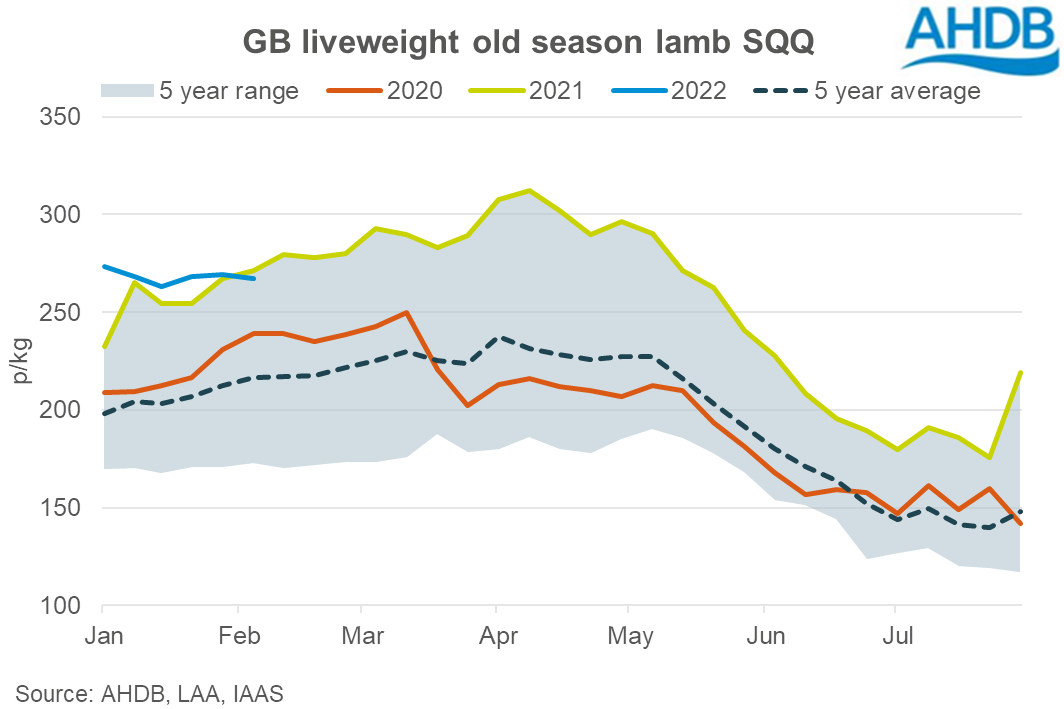Australia, NZ deny ‘rumours’ of meat ban to China
Response comes after Chinese media reports imports could be suspended over foot-and-mouth disease concerns.
Australia and New Zealand have said shipments of meat to China are clearing as normal despite Chinese media reports of a ban on imports from both countries.
The Australian Financial Review newspaper said one Chinese media outlet had reported that agricultural imports, particularly meat, from Australia and New Zealand may be suspended due to concerns about foot-and-mouth disease.
“We are aware of rumours. The Australian Embassy in Beijing has been in contact with China Customs and no formal notification has been issued,” a spokesperson at the Australian agricultural department said in an emailed statement on Tuesday.
Steve Ainsworth, market access director at the New Zealand Ministry for Primary Industries, said exports were continuing as normal.
“We’ve made enquiries with Chinese authorities, including through our Embassy staff in China. These enquiries confirm that New Zealand products are continuing to be cleared through the border,” he said in a statement.
Neither Australia nor New Zealand has reported a case of foot-and-mouth disease among livestock. But both nations are taking extra biosecurity precautions after the animal virus was found in the popular Indonesian holiday destination of Bali.
AlJazeera / Reuters
